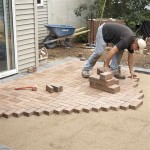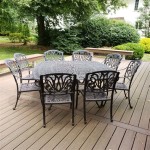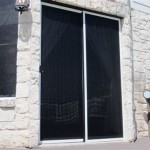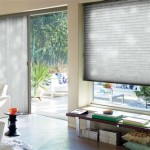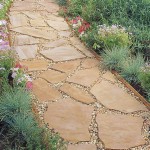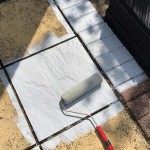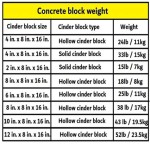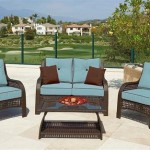Crafting a Sturdy and Stylish Wood Patio Table
If you're looking to elevate your outdoor living space with a touch of rustic charm, creating a custom wood patio table is a rewarding endeavor. This article will guide you through the essential aspects of building your own table, from selecting the right materials to ensuring durability and aesthetic appeal.
Material Selection
The type of wood you choose for your patio table will impact its overall appearance, durability, and resistance to the elements. Some popular choices include:
- Cedar: Cedar is a naturally rot-resistant wood with a beautiful reddish-brown hue. It is ideal for outdoor furniture as it can withstand harsh weather conditions.
- Redwood: Redwood is another rot-resistant wood with a rich reddish-brown color. It is known for its durability and longevity.
- Pressure-treated lumber: Pressure-treated lumber is an affordable option that has been treated with chemicals to resist decay and insects. It is suitable for outdoor use, but may not have the same aesthetic appeal as natural woods.
Tabletop Design
The tabletop is the focal point of your patio table. Consider the following factors when designing it:
- Shape: The shape of the tabletop will determine the overall style of the table. Popular shapes include rectangular, square, round, and oval.
- Size: The size of the tabletop should be appropriate for the size of your patio and the number of people you plan to accommodate.
- Edging: The edges of the tabletop can be straight, curved, or beveled. The edging will add visual interest and help to prevent splintering.
Leg Design
The legs of your patio table will provide stability and support. Choose a leg design that complements the tabletop and provides ample clearance for sitting.
Consider the following leg designs:
- Straight legs: Straight legs are a classic and timeless option. They can be simple or adorned with decorative elements.
- Tapered legs: Tapered legs narrow towards the bottom, giving the table a more elegant appearance.
- Cabriolet legs: Cabriolet legs are curved legs that add a touch of whimsy to the table.
Assembly and Finishing
Once you have gathered your materials and designed your table, it's time to assemble and finish it:
- Assembly: Use screws or bolts to securely attach the legs to the tabletop. Reinforce the joints with wood glue for added strength.
- Finishing: Apply a protective finish to the table, such as stain or sealant. This will protect the wood from the elements and enhance its appearance.
Maintenance
To ensure the longevity of your wood patio table, follow these maintenance tips:
- Clean regularly: Use a damp cloth to wipe down the table and remove dirt and debris.
- Reapply finish: Every few years, reapply a protective finish to the table to maintain its appearance and protect the wood.
- Store during winter: If possible, store your patio table in a dry and well-ventilated area during winter months to protect it from harsh weather.
By following these essential aspects, you can create a sturdy and stylish wood patio table that will be a centerpiece of your outdoor gatherings for years to come.
:max_bytes(150000):strip_icc()/cherishedbliss-2fe16e06a68b44589c6631e6b39ae68f.jpg?strip=all)
18 Diy Outdoor Table Plans
:max_bytes(150000):strip_icc()/remodelaholic-b957b7f134eb4281be2bcb3dee084626.jpg?strip=all)
18 Diy Outdoor Table Plans

Diy Outdoor Table Spoonful Of Imagination

Diy Outdoor Patio Table Tutorial Decor And The Dog
:max_bytes(150000):strip_icc()/charlestoncrafted-b52d47713ae44d57a8f06697b427b9fe.jpg?strip=all)
18 Diy Outdoor Table Plans
:max_bytes(150000):strip_icc()/housefulofhandmade-2206fefc058449c593f4d964898c1288.jpg?strip=all)
18 Diy Outdoor Table Plans

Diy Outdoor Table Free Plans Cherished Bliss

Slatted Outdoor Dining Table Build Diy 2x4 Patio Furniture

30 Free Diy Outdoor Table Plans 2024 Updated Blitsy
:max_bytes(150000):strip_icc()/remodelaholic2-c07d5257090346f6a43133253b647e69.jpg?strip=all)
18 Diy Outdoor Table Plans
Related Posts

